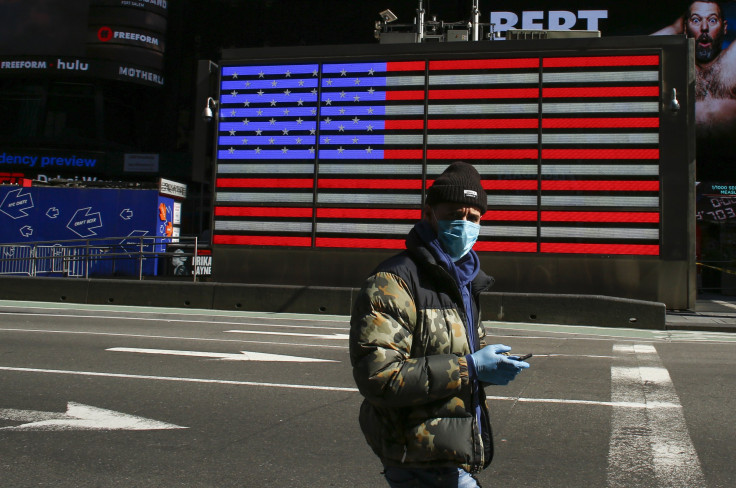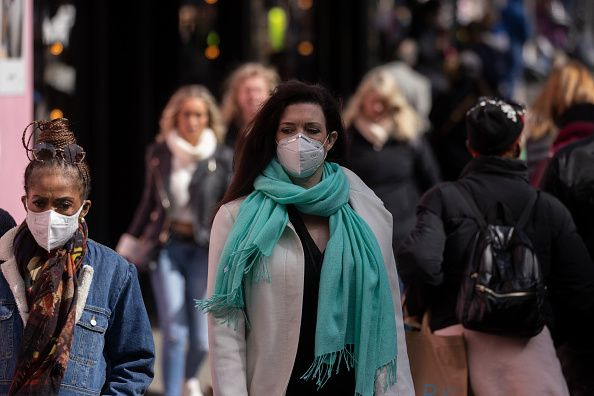Nasal Spray With Live Coronavirus Blocks COVID-19 Replication In Nose, Throat

A new nasal spray designed with live but weakened coronavirus can prevent COVID-19 from causing an infection by targeting its entry point in the body.
As vaccines continue to play a vital role amid the pandemic, scientists are looking for more efficient ways to counter the disease before it even happens. One team in Germany recently presented promising findings from the study they conducted using nasal vaccines.
Published in the journal Nature Microbiology, the study involved two doses of a nasal vaccine tested in Syrian hamsters. The idea was to administer the vaccine in the nose to stop the virus from replicating in the upper airways.
The nose and the throat are the parts where SARS-CoV-2 gets its first foothold in the body. By blocking this from happening, "sterilizing immunity" is achieved, and the disease is prevented.
"Overall, our results demonstrate that live-attenuated vaccines offer advantages over currently available COVID-19 vaccines," the researchers wrote.
The use of nasal vaccines for COVID-19 is not new. China and India rolled out such type of vaccine last fall. However, it's unclear how they performed since studies on their effectiveness have yet to be published, according to CNN.
The problem with the currently available vaccines is that they work throughout the body. Thus, they primarily reside in the blood. This meant a longer time for an immune response to happen.
"If they are already on site, they can immediately eliminate the fire, but if they're like 2 miles away, they first need to drive there, and by that time, one-third of the house is already in full flames," study author Emanuel Wyler told CNN.
Researchers hope that with nasal vaccines, the virus is shut down even before it gets a chance to make people sick and cause an infection.
It should be noted that the researchers started the study in 2021 before the Omicron variant emerged. The vaccine they tested worked well with the original strain of SARS-CoV-2. When they experimented with it using animals infected with Omicron, the vaccine's ability to neutralize was diminished.
The nasal vaccine they used still has a long way to go. Apart from the need to update it for Omicron and the newer strains, they need to test how it works in humans. The team has already partnered with a Swiss company for phase 1 clinical trials.




























